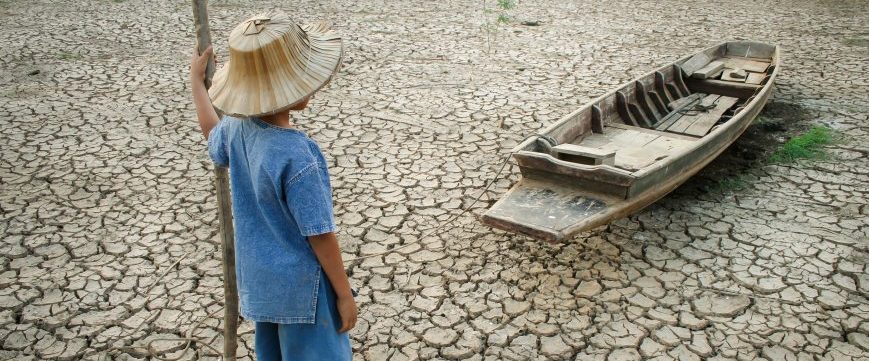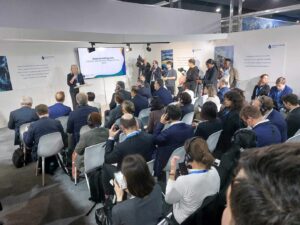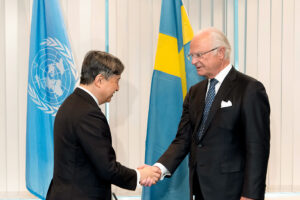New Swedish initiative to highlight climate security
Today 30 August sees the launch of Stockholm Climate Security Hub, a new initiative of the Swedish Ministry for Foreign Affairs that brings together four Stockholm-based think-tanks. The launch takes place at World Water Week.

The Stockholm Climate Security Hub’s overall aim is to cooperate on research and analysis on climate security as well as to communicate the latest knowledge in the field. The Hub in particular aims to provide evidence-based support to policy-makers, including in the United Nations and other international organizations.
The Hub’s research partners will be Stockholm Environment Institute (SEI), Stockholm International Water Institute (SIWI), Stockholm International Peace Research Institute (SIPRI) and Stockholm Resilience Centre at Stockholm University (SRC).
Why climate security?
Climate change is increasingly being described as a threat multiplier, something that interacts with other risks and threats to increases the risk of insecurity, and even conflict. The interactions between climate change and security can take many forms.
In parts of the world, such as the Sahel, it can exacerbate poverty as well as displacing populations as the land, lakes and rivers they have relied on dry up. This can force them into unemployment, competition for resources, poverty or exploitation, raising tensions and insecurity. In turn, young people are left vulnerable to recruitment by criminal gangs and violent extremist groups such as Boko Haram.
Another way that climate change and security interact is through events like droughts, floods and crop disease outbreaks, devastating harvests and leading to volatile food prices, food shortages, and political upheavals with potentially global repercussions.
The launch of the Stockholm Climate Security Hub is a milestone in Sweden’s ongoing efforts to push climate security up the international agenda. It follows the UN Security Council debate on climate security which took place under the Swedish Security Council presidency in July this year, the first Security Council debate on the topic in seven years.







